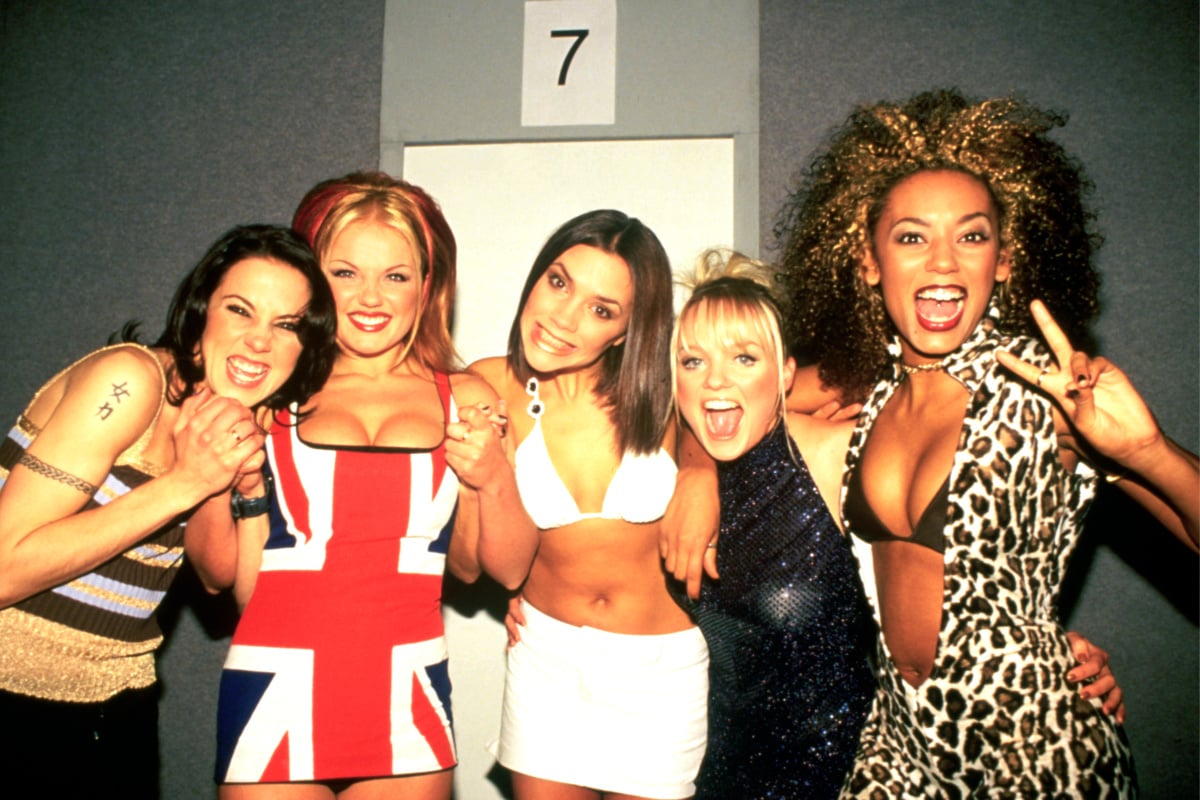
It’s Sunday morning, I still have glitter all over my face from last night’s Oxford St makeup, and I’m drinking coffee in bed. The only thing that could make today better is dropping some knowledge bombs on you all.
If you didn’t hear about the Great Disappointment of 2019, last week Mel B told us the Spice Girls were coming to Australia, before clarifying that actually it was just a vague intention.
Anyway, since this Girl Power phenomenon was a huge formative influence on my life, I decided to use them to explain something pretty important: investment concepts.
So, here I give you three important investment concepts they should really teach at school but usually don’t.
Watch: Simple budgeting with a banana. Post continues below.
Capital Growth.
This is when an investment or asset increases in value over time, without you having to do anything.
Capital Growth is the Spice Girls of the investment world. For that brief moment of joy where we thought the band was touring Australia, my friends and I considered how much we’d pay for tickets. ($1000 was too much, $999 we agreed was OK). Those girls haven’t made an album in decades but they get more valuable over time!





























































































